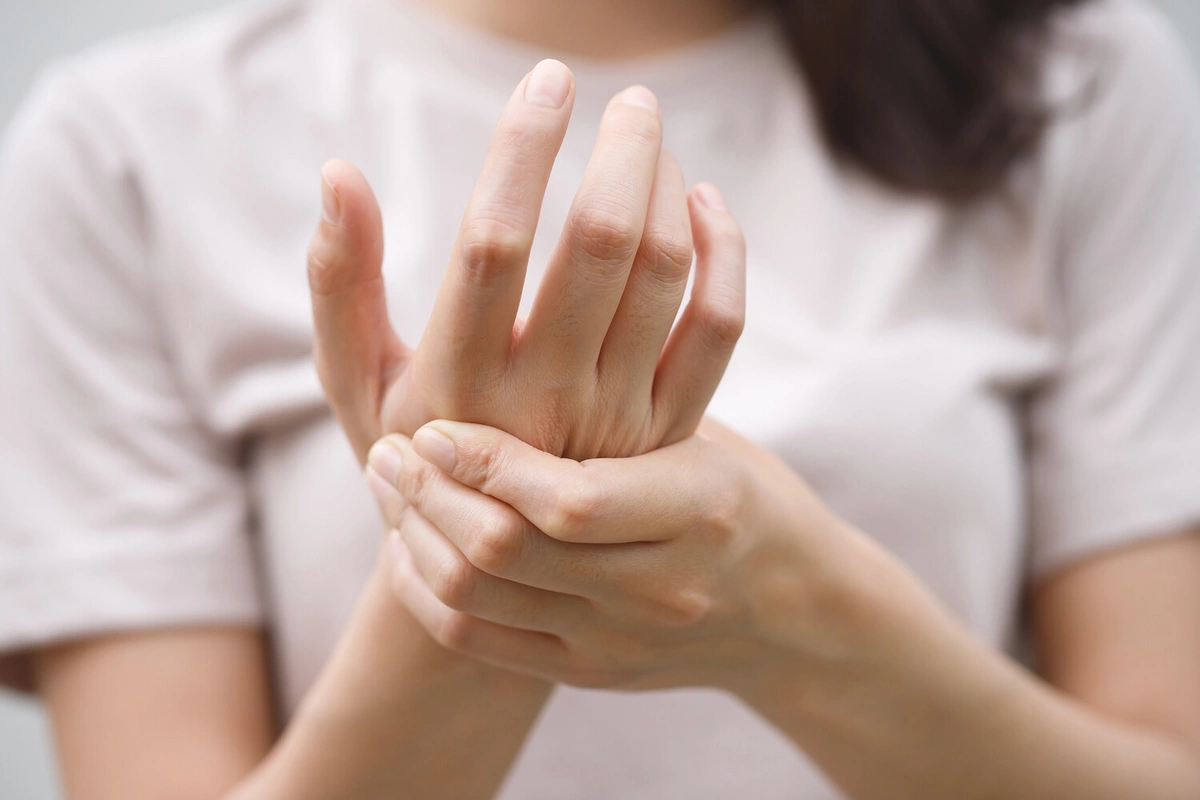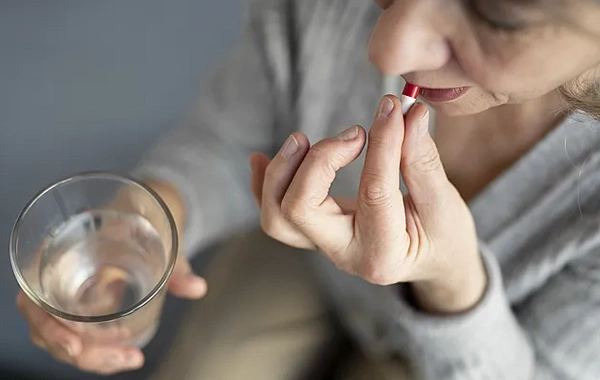Doctor explained why cracking your fingers is a bad habit

Cracking knuckles is a habit that many consider harmless or perceive as a way to relieve tension.
As BAKU.WS reports with reference to Gazeta.ru, neurologist Marianna Dzhikiya explained that regular joint cracking can negatively affect hand health and over time weaken ligaments and lead to early joint wear.
According to the specialist, the characteristic cracking sound is not the friction of bones, as often believed. Inside the joint is synovial fluid, which acts as a lubricant.
"When a person suddenly bends or pulls a finger, the volume of the joint capsule increases, pressure drops, and microscopic gas bubbles form in the fluid. Their collapse creates that very clicking sound," explained Dzhikiya.
She added that after such a sound, the joint needs about 15-20 minutes to recover: during this time, the gases dissolve again, and the cracking can recur.
The doctor emphasized that arthritis from cracking is more of a myth, but real risks still exist.
"The main danger is joint looseness and weakening of ligaments. Constant unnatural impact stretches the joint capsule and surrounding ligaments. Over time, they become less elastic, and the joint loses stability. This can lead to the so-called 'hypermobility syndrome'," she noted.
The consequences of such a habit can be serious: weakening grip strength, chronic pain, and increased probability of injuries. Additionally, according to the doctor, regular cracking can contribute to premature wear of joint cartilage.
"Although the clicks themselves do not cause inflammation, they can accelerate the development of arthrosis - mechanical wear of cartilage. Constant micro-traumas during cracking lead to thinning of cartilage tissue, which over time causes pain, limited mobility, and deformation," the neurologist explained.
She also warned that sudden movements can lead to soft tissue damage.
"With a strong and sudden jerk, you can unintentionally overstretch or injure tendons and ligaments. In mild cases, this causes inflammation, and in severe cases - a serious injury requiring lengthy treatment," Dzhikiya clarified.
Furthermore, the doctor reminded about the social aspect: for many people around, the sound of cracking knuckles is extremely unpleasant.
For those who want to break the habit, she gave several recommendations.
Replace cracking with other movements: clench and unclench your fist, do simple finger exercises, fiddle with a stress toy or hand exerciser.
Do self-massage: gently knead your fingers and hands - this improves blood circulation and reduces the need for habitual clicking.
Learn mindfulness: pay attention to moments when your hand reaches to crack. Awareness is the first step to breaking the habit.
"No direct link between knuckle cracking and arthritis has been found. But the habit itself is harmful: it gradually undermines joint health, making them weaker and more vulnerable to injuries and early wear. Take care of your hands - they will thank you," the specialist concluded.
Similar News
An unexpected medicine for heart attack and stroke found
A new Cochrane review analyzed 12 randomized controlled trials involving nearly 23,000 people who had cardiovascular disease, heart attack, or stroke. As report...




 Azərbaycanca
Azərbaycanca  По-русски
По-русски  English
English 





